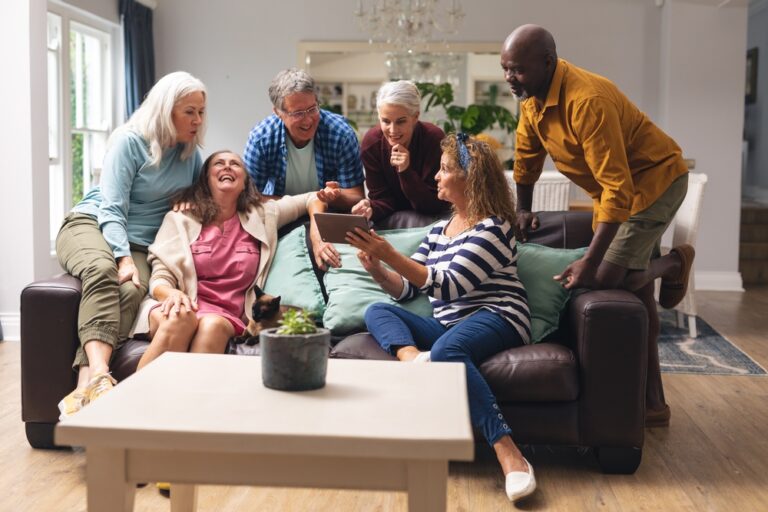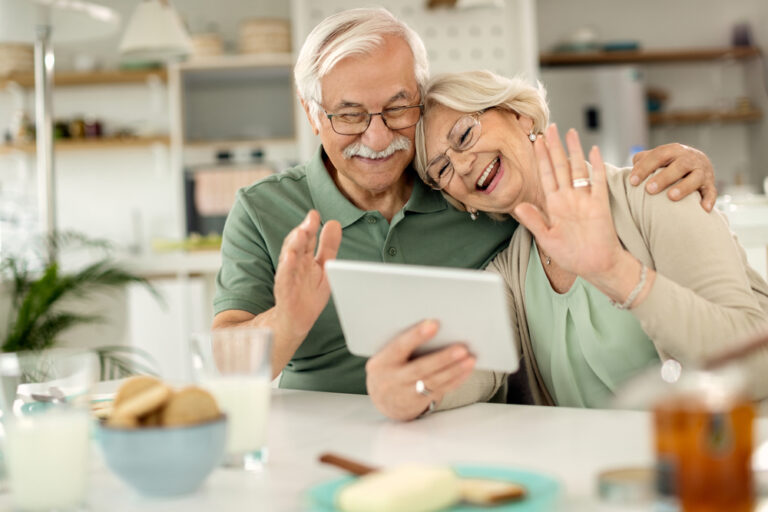Hydration is a fundamental aspect of health at any age, but it becomes increasingly critical as we grow older. For the elderly, staying adequately hydrated is essential for maintaining physical health, cognitive function, and overall well-being. Despite its importance, hydration is often overlooked in elderly care, leading to a range of preventable health issues.
As we age, our bodies undergo changes that affect how we process and retain fluids. These changes can include a diminished sense of thirst, making it less likely for older adults to feel or recognize the need to drink. Furthermore, the body’s ability to conserve water decreases with age, and the kidneys may lose some of their efficiency in regulating the body’s fluid balance.



